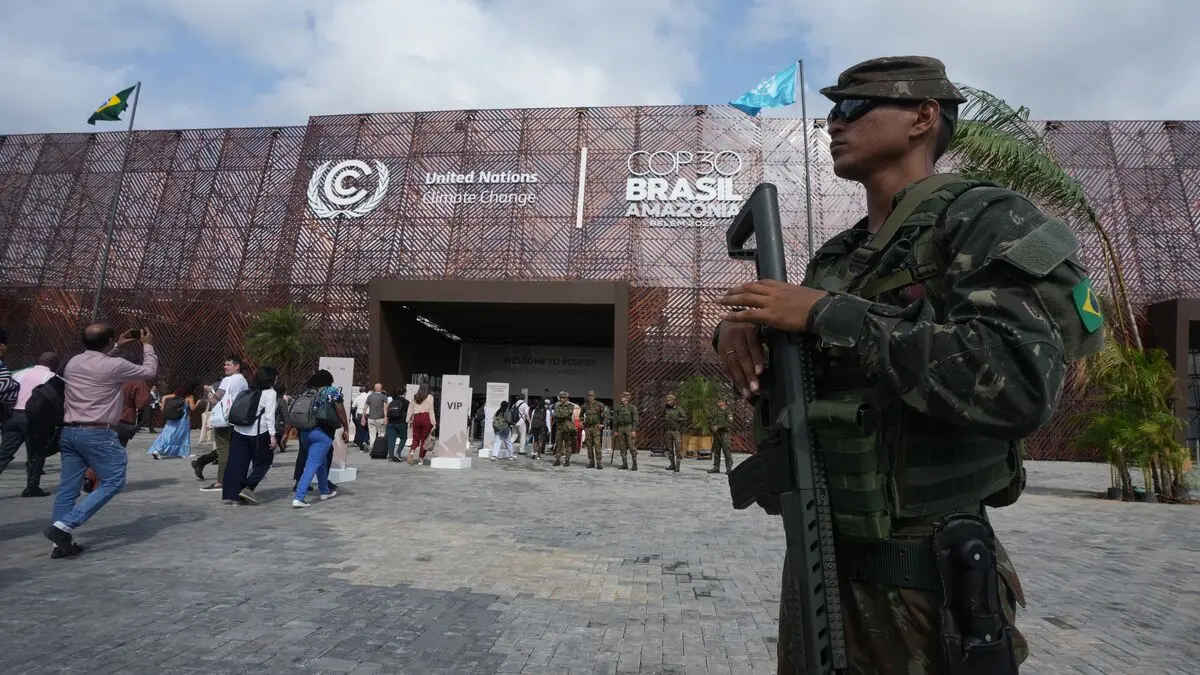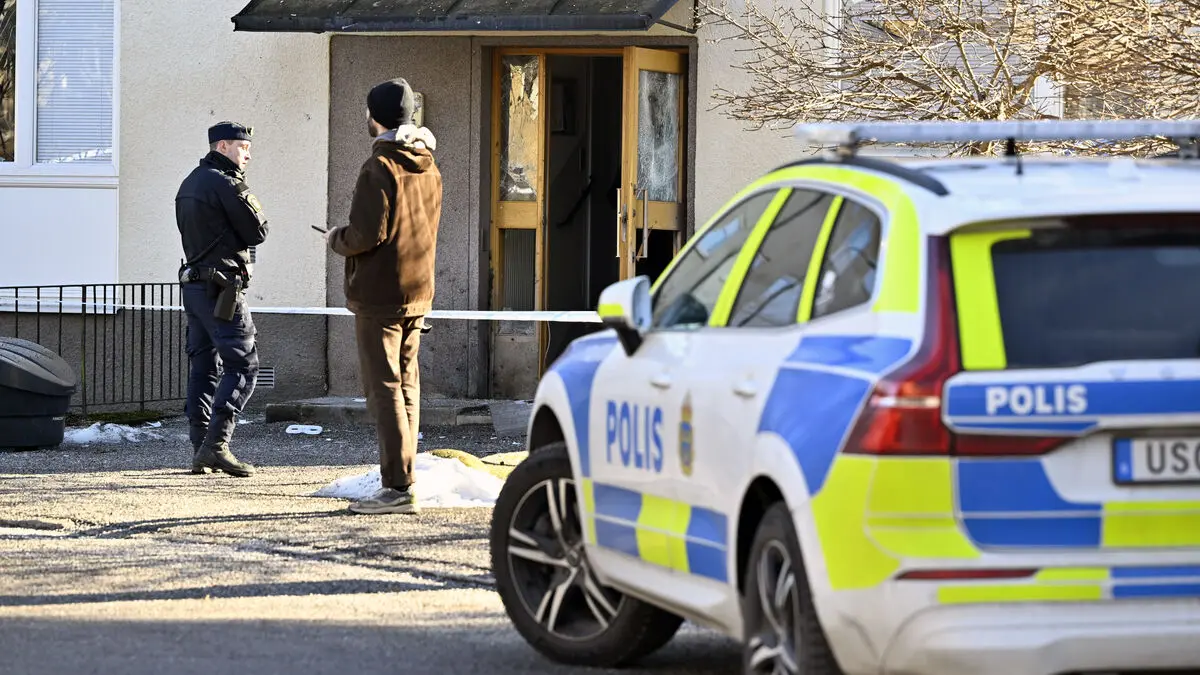Expect a week of speeches, night-time mangling and tough negotiations as COP30 enters its final stages. Dutchman Wopke Hoekstra leads the EU's 121-person negotiating delegation, which includes Sweden's Emma Wiesner.
This year's climate summit is so far vague around the edges. The countries have actually already agreed on their goals, the only problem is that they are largely not being met. The EU wants countries to submit climate plans every two years instead of the current every five.
Almost done: Passing 1.5 degrees
Ahead of this year's meeting, it is almost certain that the world will exceed 1.5 degrees of warming.
As long as it is above 1.5 to 2 degrees, then we have to take it seriously and realize that it doesn't work to bury our heads in the sand for four years and wake up in the fifth year and believe that it will be possible to solve it, says Wiesner.
Generally, there are fewer world leaders in place, even Sweden's Prime Minister Ulf Kristersson is staying home.
I think it is a sign of the times that more and more countries are wavering when it comes to climate work and even EU leaders are wavering, says Wiesner, who does not believe that it would have been possible to conclude a Paris Agreement this year.
Brazil optimistic
The Brazilian host expressed optimism at the beginning of the meeting that the meeting could be concluded on time on Friday. If so, it would be a big bang and the first time since 2003 in Milan, according to Carbon Brief.
Emma Wiesner believes that the countries will at least eventually be able to agree on something, a so-called final document, in Belém.
The great thing about climate summits is that they often succeed, even if it usually comes late on a Saturday night.
The UN climate summit in Belém, Brazil, COP30, has 56,000 participating delegates.
That makes it the second largest climate meeting, alongside COP28 in Dubai.
The USA, Afghanistan, Myanmar and San Marino are the only countries that have not registered a delegation.
Host country Brazil has the largest delegation with 3,805 people, followed by China (789) and Nigeria (749). Sweden sends 159. The EU delegation consists of 121 people.
Source: Carbon Brief, European Commission.






